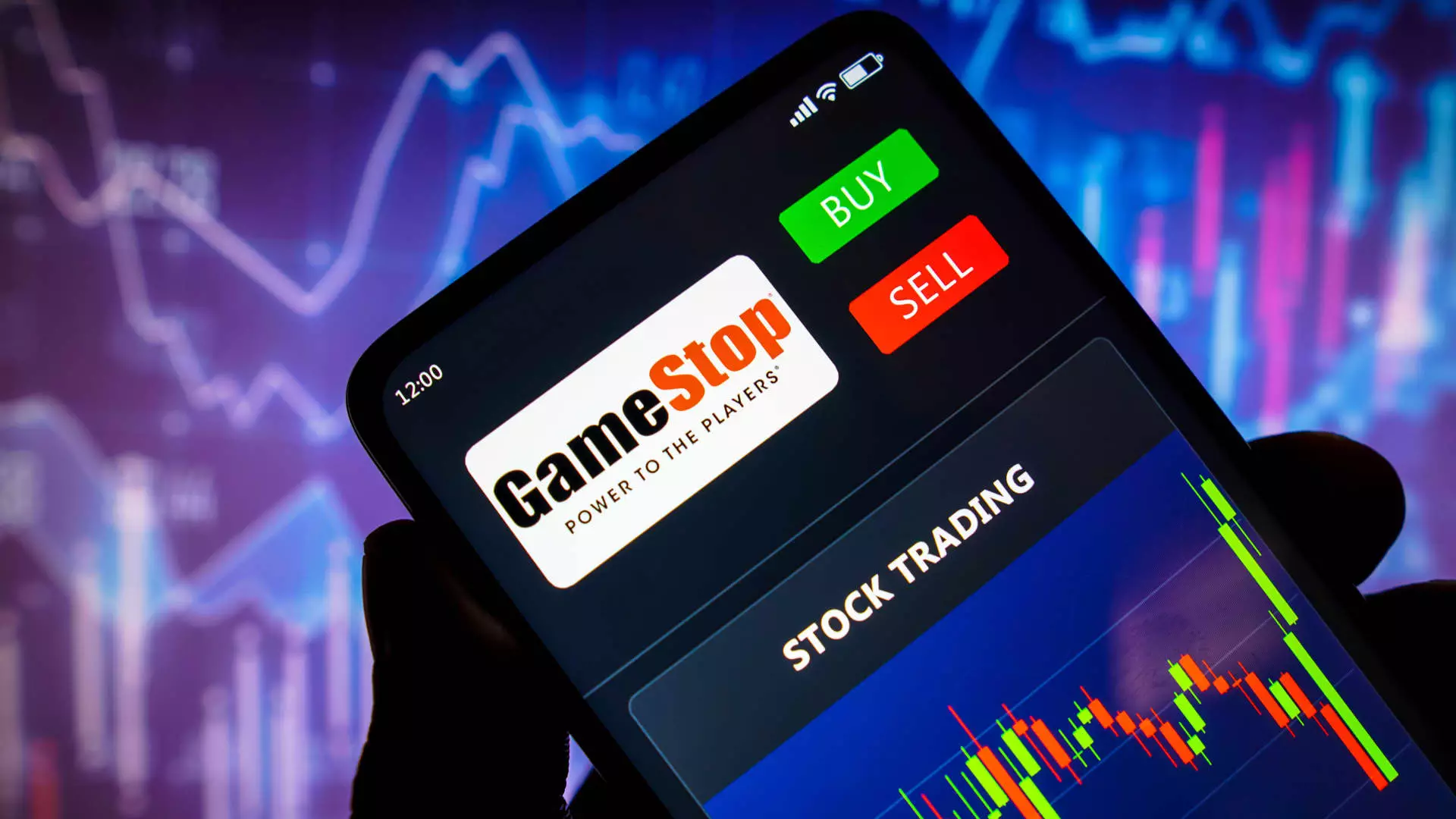GameStop shares saw a remarkable surge of over 80% in a single day, fueled by the resurgence of “Roaring Kitty,” a key figure in the epic short squeeze of 2021. Formerly known as Keith Gill, this individual, also recognized as DeepF——Value on Reddit, captivated a legion of day traders who rallied together in a fervor of support for GameStop. The meme stock frenzy that ensued involved a cohort of retail investors challenging traditional short sellers and hedge funds, culminating in a market revolution that shook the foundations of Wall Street.
The meteoric rise of GameStop’s stock price, from a mere $3 to over $120 in a span of three months, not only showcased the power of collective action but also exposed the vulnerabilities of established financial institutions. Hedge fund Melvin Capital, which had taken significant short positions on GameStop, found itself at the mercy of the amateur traders, ultimately requiring financial assistance from Citadel and Point72 to recover from substantial losses. The ensuing chaos prompted brokerages like Robinhood to impose restrictions on trading, sparking outrage among users and leading to a wave of backlash against the platform.
While the dust settled on the GameStop saga, the repercussions continued to reverberate across the financial landscape. Congressional hearings were convened to investigate the practices of brokers and the gamification of retail trading, with key figures such as Robinhood’s leadership, Melvin Capital’s executives, and Keith Gill himself testifying before lawmakers. Class-action lawsuits were filed, questioning the transparency of Gill’s actions and alleging misconduct in the portrayal of his trading expertise. Despite legal challenges and regulatory scrutiny, the legacy of the GameStop frenzy persevered, culminating in the release of the film “Dumb Money,” symbolizing the democratization of finance in the digital age.
As GameStop’s stock price fluctuated and individual investor interest waned, the fundamental weaknesses of the video game retailer became increasingly apparent. With declining revenues and job cuts, GameStop faced intensifying competition from e-commerce rivals, highlighting the challenges of sustaining a traditional brick-and-mortar business in an ever-evolving digital landscape. Despite brief rallies in the stock price, the underlying financial performance of GameStop painted a bleak picture, underscoring the volatile nature of meme stocks and the inherent risks associated with speculative trading.
The Roaring Kitty rally that propelled GameStop to unprecedented heights served as a testament to the power of collective action and the disruptions caused by retail investors in the financial markets. While the saga of GameStop may have faded from the headlines, its enduring impact on the dynamics of investing and the scrutiny of market practices will continue to resonate for years to come.


Leave a Reply